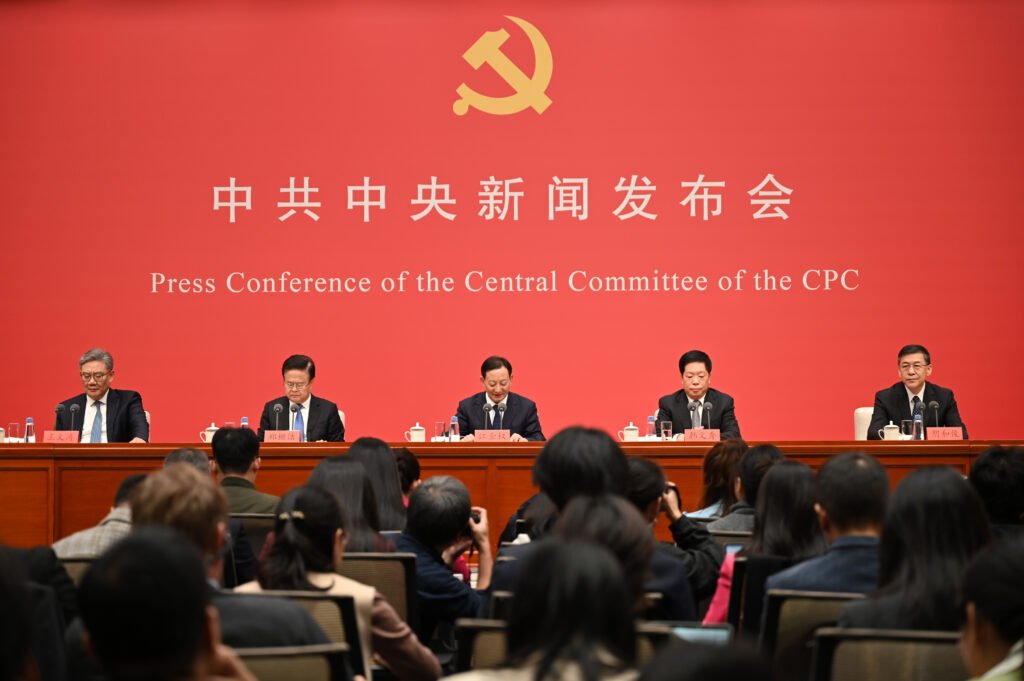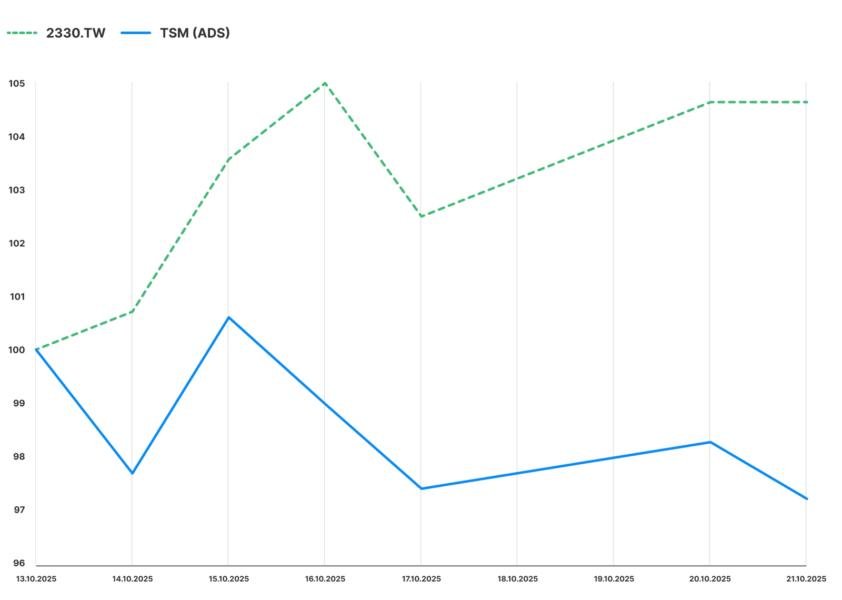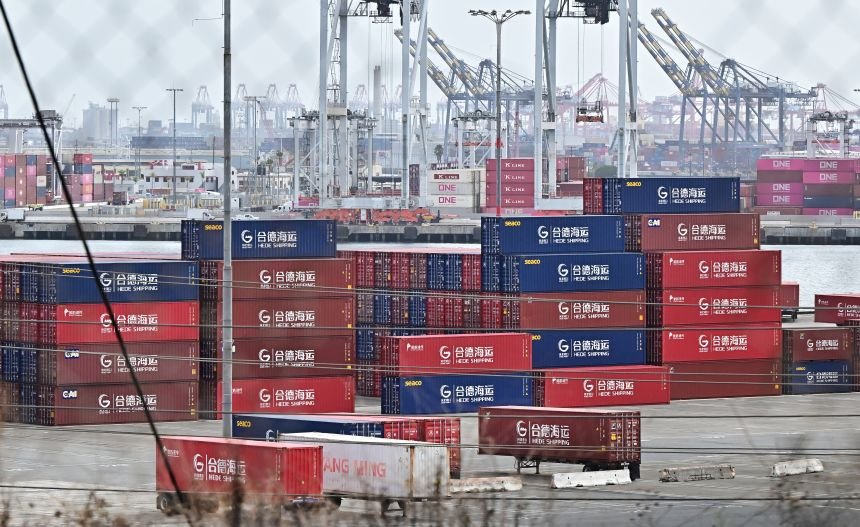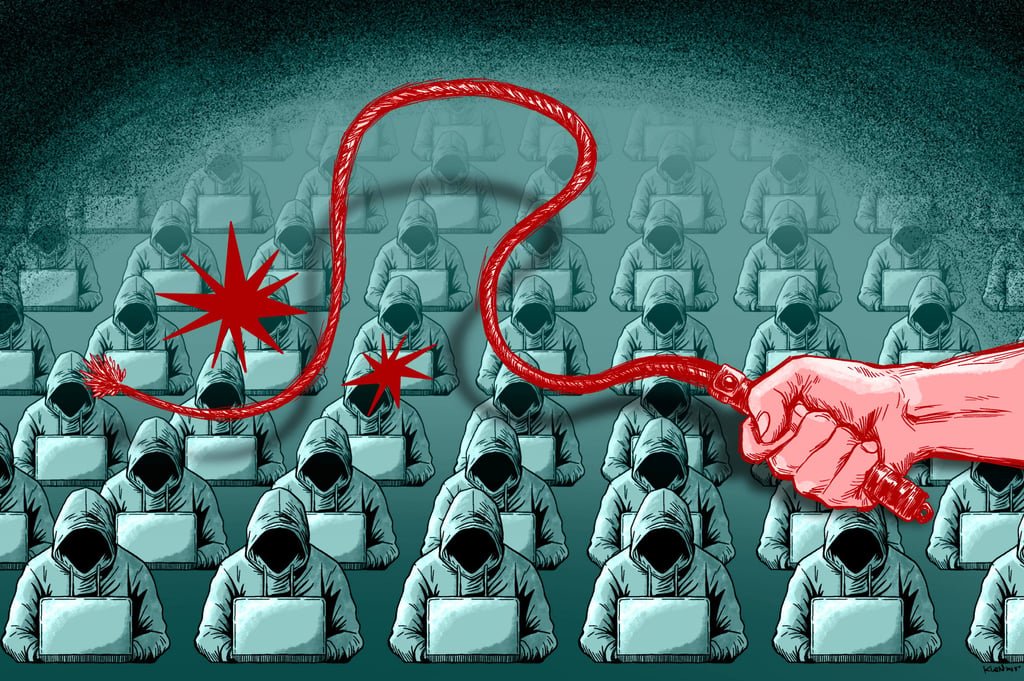Robinhood Markets CIO Stephanie Guild discusses investing alongside fiscal policy, reports that the White House will invest in quantum and more on ‘Making Money.’
The Trump administration is not in talks to take equity stakes in U.S. quantum computing firms, the Commerce Department confirmed to FOX Business Thursday, pushing back on a Wall Street Journal report that suggested the government was exploring investments in companies, including IonQ, Rigetti Computing and D-Wave Quantum.
“The Commerce Department is not currently negotiating equity stakes with quantum computing companies,” a Commerce spokesperson told FOX Business.
The statement came after the Journal cited unnamed sources claiming the administration had considered taking stakes in select quantum startups as part of a broader effort to strengthen America’s edge against China in advanced technology.
COMMERCE SECRETARY LUTNICK CELEBRATES TRUMP’S ‘MONSTER’ EU TRADE DEAL AS ‘HUGE’ WIN FOR AMERICA

President Donald Trump and Secretary of Commerce Howard Lutnick speak to reporters after stepping off Air Force One upon arrival at Joint Base Andrews, Md., July 15, 2025. (Andrew Caballero-Reynolds/AFP via Getty Images / Getty Images)
According to CNBC, the Trump administration previously took a 10% stake in Intel and a 15% stake in MP Materials, a rare-earth miner critical to national security.
Quantum computing is viewed as one of the most consequential emerging technologies, with far-reaching implications for defense and artificial intelligence (AI). Analysts expect viable commercial quantum machines within five years capable of breakthroughs ranging from code-breaking to drug discovery.
The field of quantum computing is largely experimental. Global revenue totaled under $750 million in 2024, according to McKinsey, with most U.S. federal investment directed toward research grants and public-private partnerships rather than equity stakes.
HOWARD LUTNICK RIPS ATLANTA FED GDPNOW CONTRACTION PREDICTION
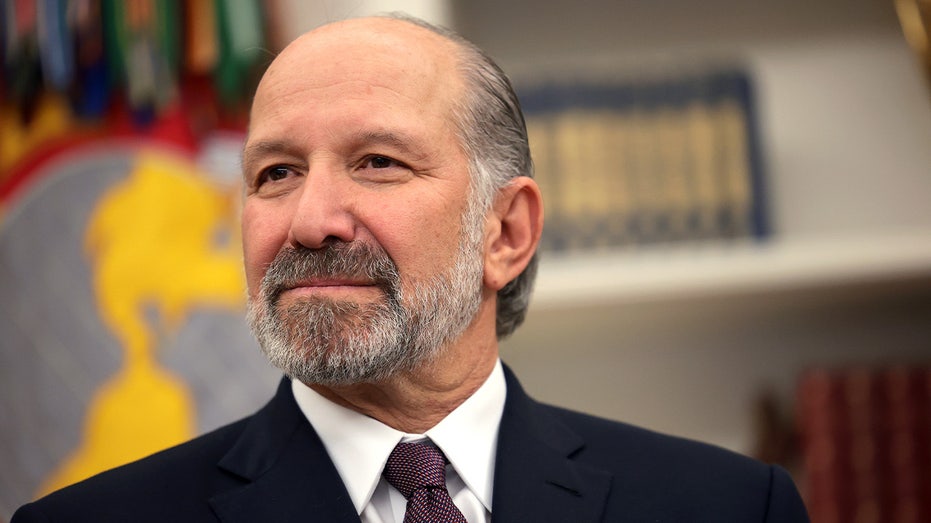
Howard Lutnick listens as President Donald Trump deliver remarks before Lutnick is sworn in as commerce secretary in the Oval Office at the White House Feb. 21, 2025 in Washington, D.C. (Win McNamee/Getty Images / Getty Images)
As CNBC reported, Commerce Secretary Howard Lutnick has argued that the government should benefit when taxpayer money fuels innovation.
However, the department’s latest denial suggests Washington is still treading carefully when it comes to direct ownership in frontier tech, even as it ramps up scrutiny of China’s quantum sector and increases support for American research.
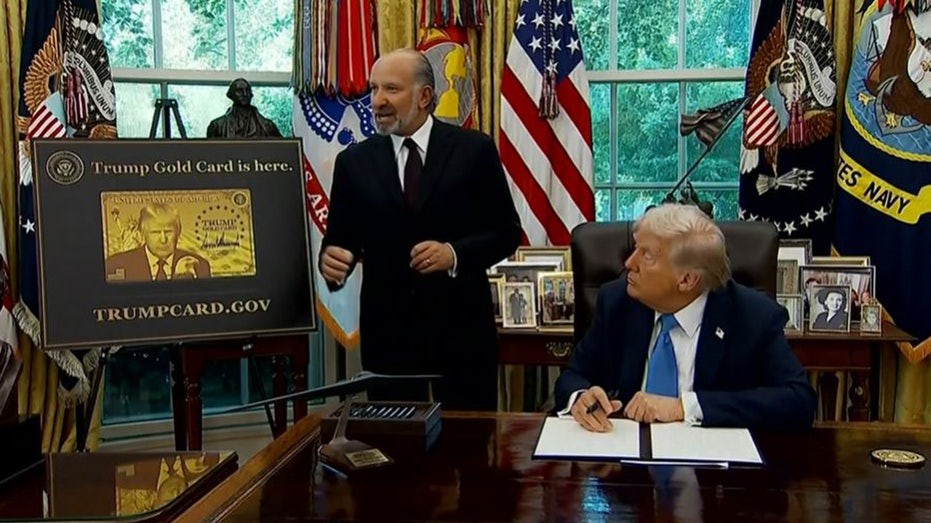
Commerce Secretary Howard Lutnick talks about the Trump Gold Card as President Donald Trump looks on during an executive order signing in the Oval Office of the White House in Washington, D.C. (Fox News/Pool / Fox News)
The White House confirmed to FOX Business that it is not in discussions with the companies mentioned in the Journal’s report.

